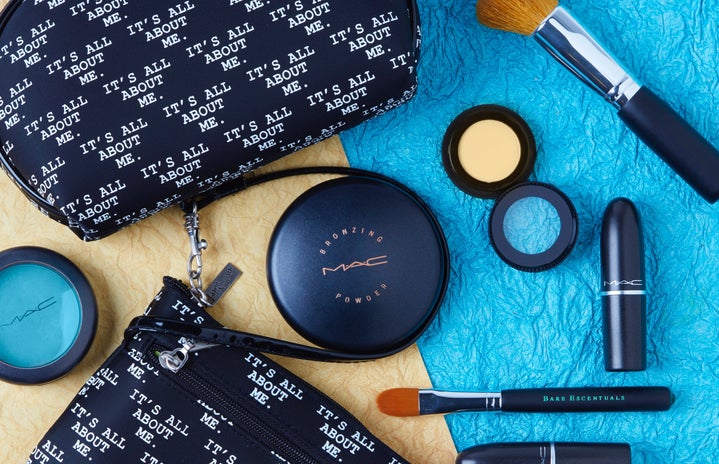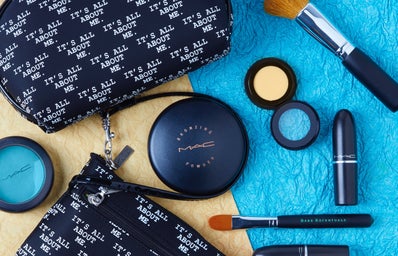Beauty and the Beast Makes Political Strides
Over the past couple of months, the hype around Disney’s live action remake of their classic film, Beauty and the Beast has rung out around the globe. With an A-list cast starring Emma Watson as Belle, Ewan McGregor as Lumiere, Ian McKellan as Cogsworth, and many more, the film was set to touch a nostalgic place within older generations and open eyes of younger ones to a new world of Disney.
The film’s nostalgic nature and star-studded cast were not the only things bringing it to the headlines of newspapers. Weeks before the film debuted in theatres, Disney had announced that the film would debut its first openly homosexual character. Director Bill Condon took the story of Lefou, villain Gaston’s chummy sidekick, and gave him the limelight as Disney’s stab at LGBTQ+ representation in their films. This revelation sparked mass hysteria among some areas of the world, while also receiving praise amongst many. If you haven’t seen the film yet, do not read on as there are spoilers to come.
Throughout the entirety of the film it is subtly hinted at that Lefou does indeed have a bit of a crush on Gaston, and one that has more emotional development than the silly one he has in the original film. Lefou gazes at Gaston similarly to the young women within the tiny village the story takes place. During the song “Gaston,” Lefou frequently hugs Gaston and boosts his ego in a more romantically charged way than the original. Though this is very subtle throughout the film, it is a part of Lefou’s major character arc. In the final scene of the film, Lefou is seen dancing with a young man, and very pleased about it. Disney takes Lefou’s original character and makes him a centerpiece to Disney’s ever growing more liberal culture. Lefou can now be seen as a gateway for Disney to continue this representation of LGBTQ+ people within their films.
Though many were excited and pleased about this new concept, across the globe others did not respond well. Malaysia refused to play the film in their country after being rejected by Disney to make an edited version without Lefou’s final scene in it. Similarly, in Birmingham, Alabama, a theatre will not play the film due to the religious blasphemy. The theatre believes that Disney is attempting to “push their views” onto them and therefore refused to play the film as it was impeding upon their inalienable rights. Condon has only responded to these acts of protest by stating that “I hope everybody moves past that and just goes to take pleasure in what we made.”
This small representation in Beauty and the Beast has many hopeful as it seems to be a gateway for Disney to continue to create a more diverse culture within their movies and to have children grow up in a society where people like them, no matter who they are, are stars in their own movie.


